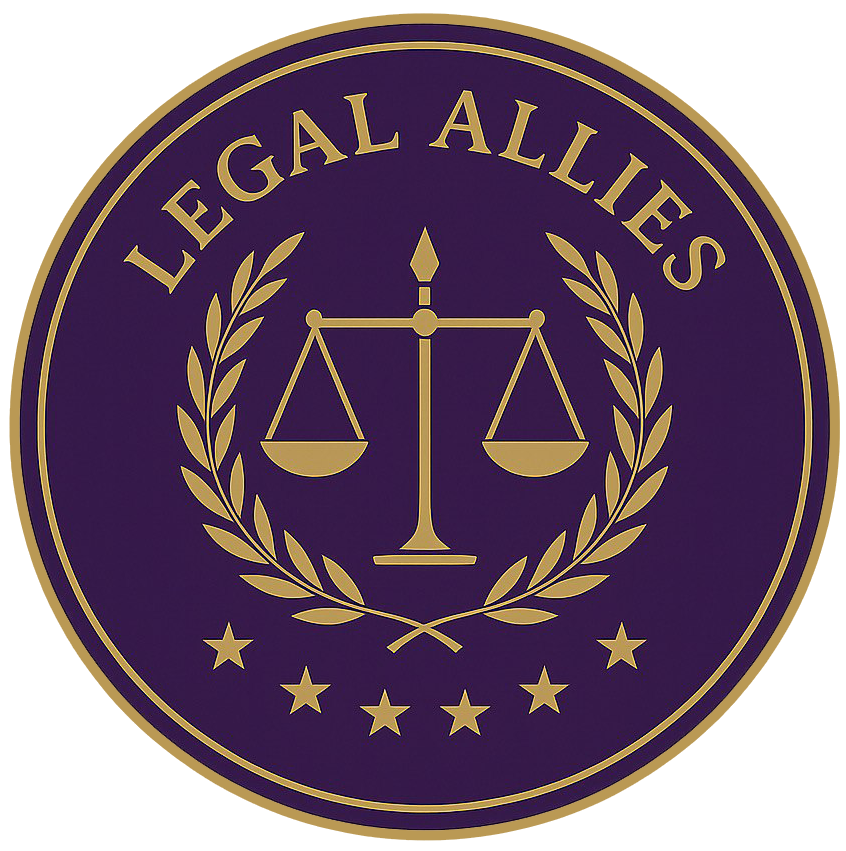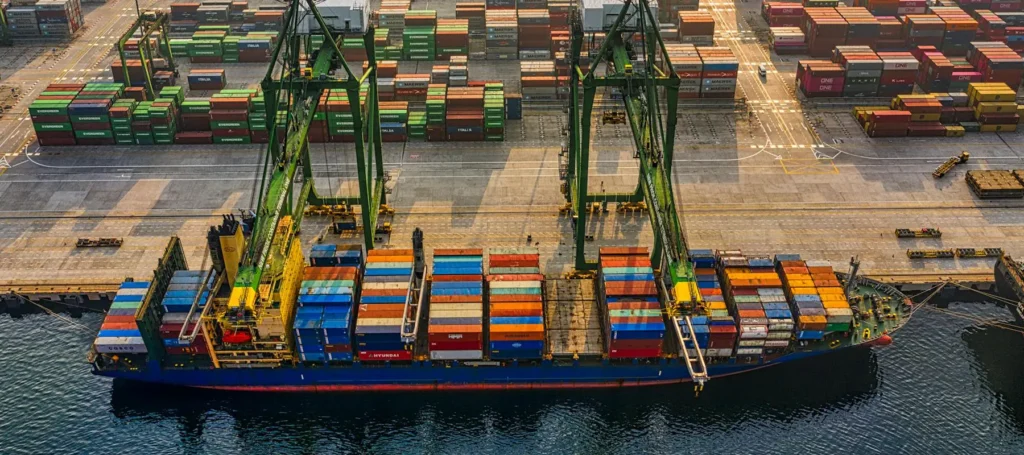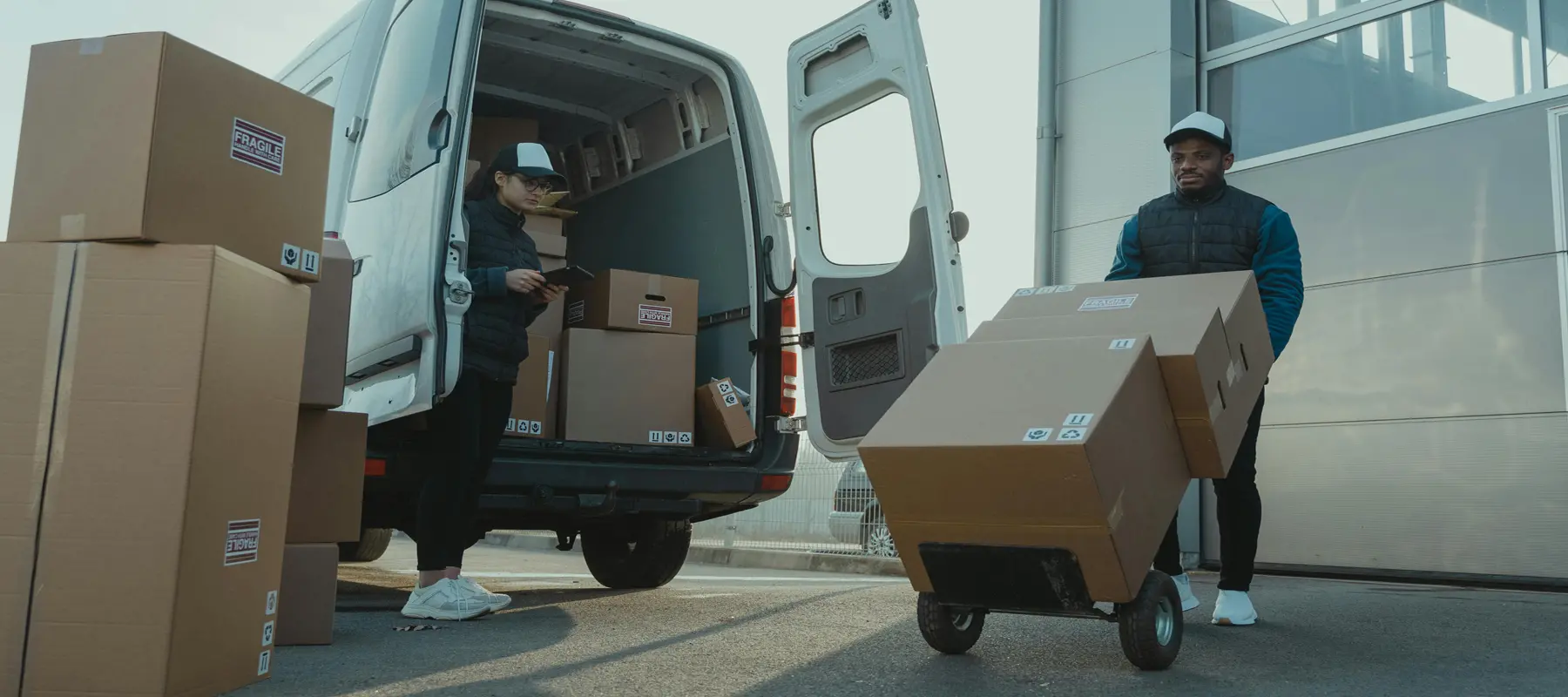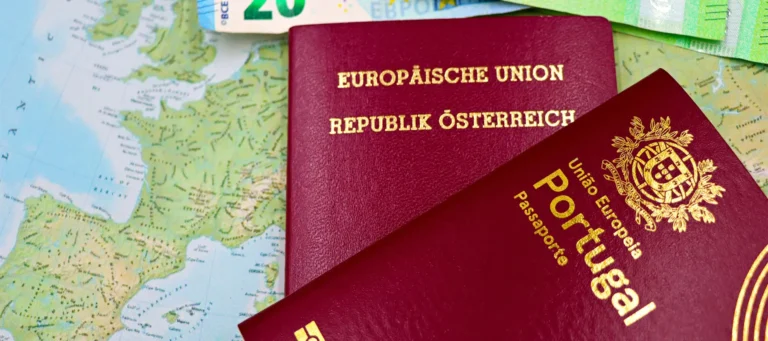Importing products from abroad can be a great business opportunity… or a legal minefield if you don’t know where you’re stepping. If your company is already importing (or plans to), understanding the key legal aspects of international trade in Spain is essential—from customs to contracts.
At Legal Allies, we break down the essentials to make your imports more profitable than problematic. Spoiler alert: the most expensive mistake is thinking everything gets sorted at the port.
What Is Considered International Trade?
International trade refers to the buying and selling of goods and services between countries. In Spain, this is governed by national regulations, EU legislation, and international agreements.
Importing means bringing foreign goods into national territory (EU or non-EU), which comes with legal, tax, and logistical obligations.
Key Legal Aspects Your Business Must Understand When Importing Products
- Registration as an Economic Operator (EORI)
Any business importing or exporting in the EU needs an EORI number (Economic Operators Registration and Identification). It’s mandatory for customs procedures.
- You apply for it with the Spanish Tax Agency.
- No EORI, no legal customs clearance.
- Tariff Classification (TARIC code)
Every product has a specific code in the tariff system, which determines:
- The taxes you’ll pay (tariffs and VAT).
- Qué restricciones o controles aplican (como licencias sanitarias o tecnológicas).
Common mistake: using the wrong code can multiply your costs… or get your goods held up.
- Technical and Health Standards
If you import products like food, cosmetics, medicine, or tech, you must comply with technical and health regulations:
- Quality, safety, or labeling certificates.
- Import licenses.
- Authorizations from agencies like AEMPS, Foreign Health, or Agriculture (depending on the product).
- International Sales Contracts
International contracts differ from domestic ones. You need:
- Clear clauses on delivery, transport, insurance, and liability.
- Correct Incoterms (EXW, FOB, CIF, DDP…), defining who pays what.
- An agreed legal jurisdiction (because “we’ll sort it out later” won’t hold in court).
- Customs and Tax Management
If you’re importing from outside the EU, you must:
- Submit a customs declaration (DUA).
- Pay import duties and VAT.
- Keep customs documents for at least 4 years.
If importing within the EU (e.g., Germany to Spain), intra-community VAT rules apply.
What Happens If You Don’t Comply?
The consequences can be serious:
- Goods held or destroyed.
- Fines for customs violations.
- Tax penalties or contract sanctions.
- Damaged reputation with suppliers or customers.
How Legal Allies Helps You
At Legal Allies, we make sure your international operations don’t become a legal horror story:
- We advise on international sales contracts and essential clauses.
- We guide you through getting your EORI number and import licenses.
- We verify tariff codes and product-specific requirements.
- We work with reliable customs agents and logistics partners.
- And if things go wrong, we represent you before Customs, Tax Authorities, or the courts.
Plus, you can use our multilingual legal bot for quick 24/7 answers, or access our international contract templates and import checklists if you’re a subscriber.
International trade is a growth opportunity—but also a legal maze your business can’t afford to ignore. Knowing the key legal aspects of international trade in Spain helps you avoid costly mistakes and gain a competitive edge.
Are you importing or planning to? At Legal Allies, we help your business cross borders… without crossing the law.





